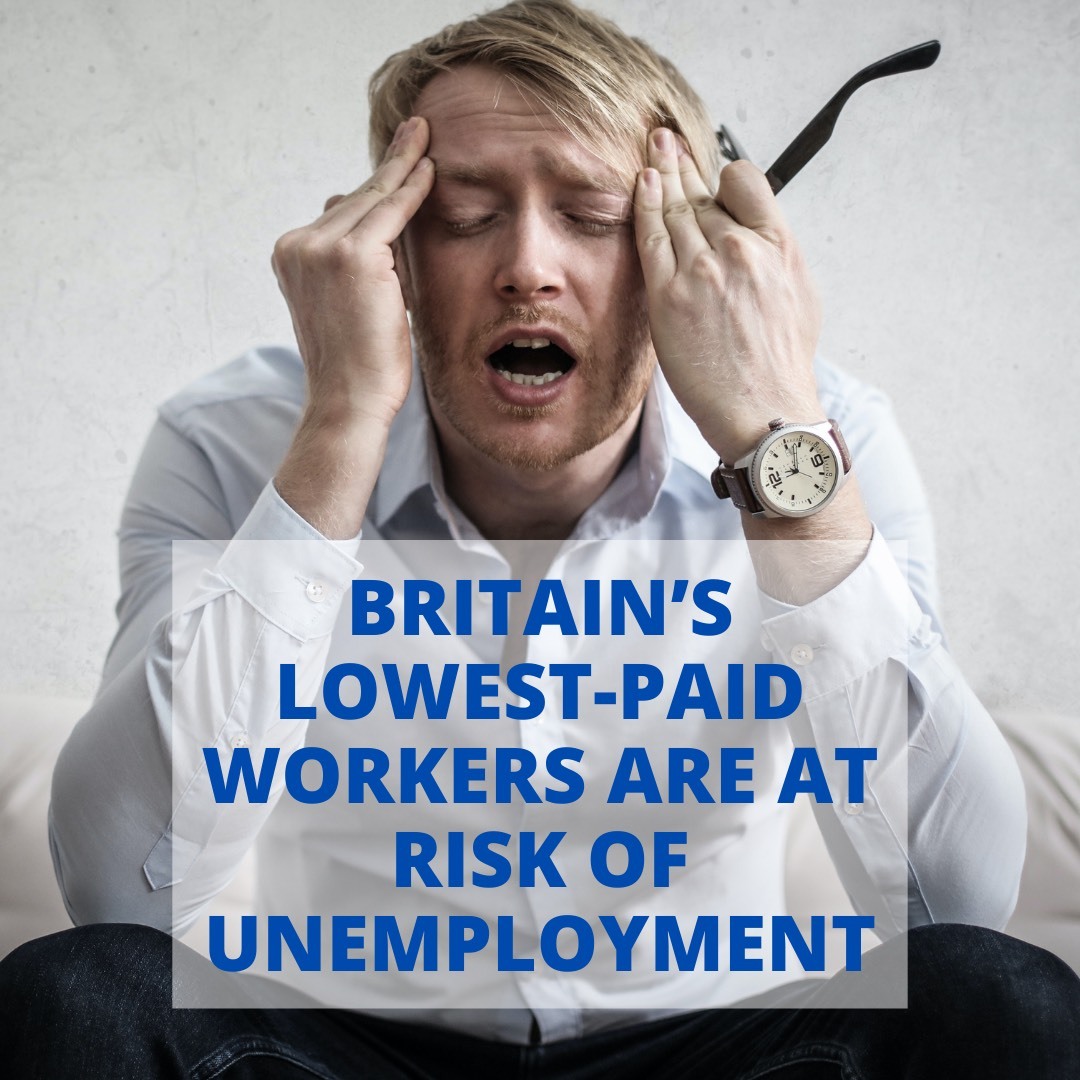Impact of the Coronavirus on the employment
The labour market figures for January-March 2021 were released on May 18th. These figures indicate that the UK labour market has continued to stabilise and may have begun to rebound. There was an increase in employment and a decrease in unemployment compared to the previous quarter, but the number of vacancies increased and redundancies decreased. However, when the Coronavirus Job Retention programme expires later this year, unemployment is expected to rise.
The epidemic has had a greater impact on the labour market position of specific age groups this far. Employment levels for persons aged 16-24 and 65+ have declined by 412,000, or 8%, since the pandemic began in March 2020. In comparison, employment among individuals aged 25 to 64 has decreased by 117,000 people or 0.4%.
According to the think tank, more than 21% of the lowest-paid workers have lost their jobs, lost hours, had their pay slashed, or were furloughed as a result of the crisis as of March 2021, compared to fewer than 7% of the highest-paid people. Between March 2020 and April 2021, the number of people receiving unemployment benefits climbed by 1.4 million. While many workers are returning from furlough, the scheme's conclusion in September will put others at risk.
The most recent employment statistics since non-essential businesses reopened
According to official statistics released on Thursday 3rd June 2021, the number of workers on furlough has dropped to its lowest level this year, despite the fact that at least 3.4 million individuals still rely on the job protection programme.
The reopening of pubs and restaurants for outside eating in April contributed to the decrease. Between March and April, more than one million employees quit the system, with those under the age of 25 accounting for the majority of the departures, according to the administration.
Since the start of the pandemic, 11.2 million employees have received cash through the programme, which pays up to 80% of their salary to individuals who are unable to work due to lockdown.
"Big risks still lie ahead. Low-paid workers are most at risk from the expected rise in unemployment later this year, which also risks causing greater job insecurity," Nye Cominetti, a senior economist at the Resolution Foundation, echoed this sentiment.
However, there is reason to be optimistic. Low-wage workers have been impacted the hardest by the lockdown limitations on the industries in which they work, and the think tank argued in its analysis that they should benefit the most from the economy reopening from April onwards.
Furloughing rates in the hotel industry declined from 58% at the end of March to 48% at the end of April as outside dining became more popular.
Ms Cominetti commented regarding..."The government can salute the vital contribution of Britain's low-paid workers by offering them a new post-pandemic settlement - from better pay via a higher National Living Wage to greater security of working hours, and proper enforcement to tackle the labour market abuses,".
The coronavirus outbreak has had the greatest economic impact on workers from ethnic minority groups, women, young employees, low-wage workers, and disabled people. According to a CIPD survey, job insecurity remained high in May and June, with 23% and 19% of respondents believing it is likely they will lose their work, respectively, compared to only 13% in January. Furloughed employees are certainly more worried about losing their jobs.
Please contact Persona Finance [enquiries@personafinance.co.uk] for accounting and business guidance.



